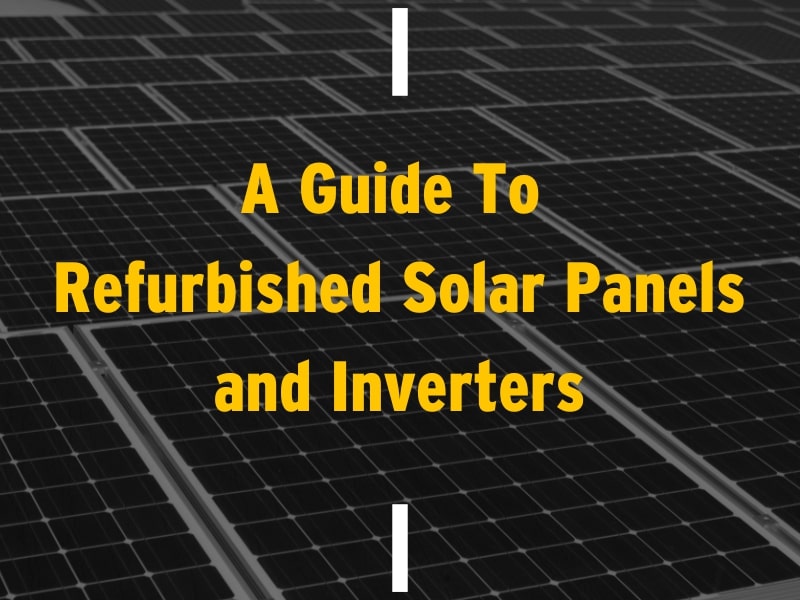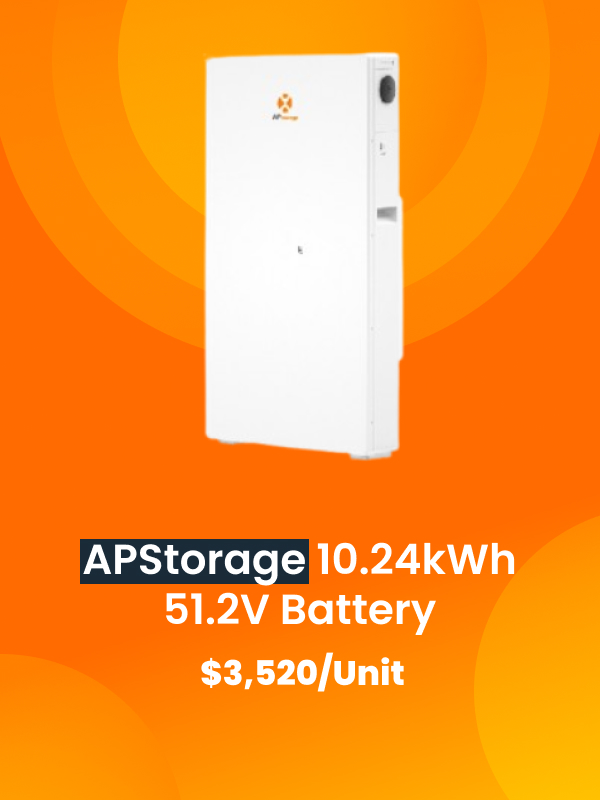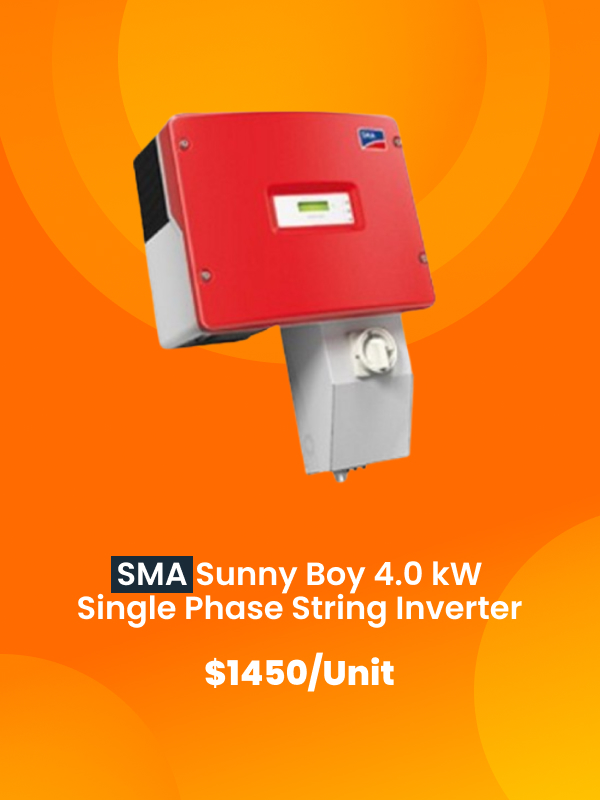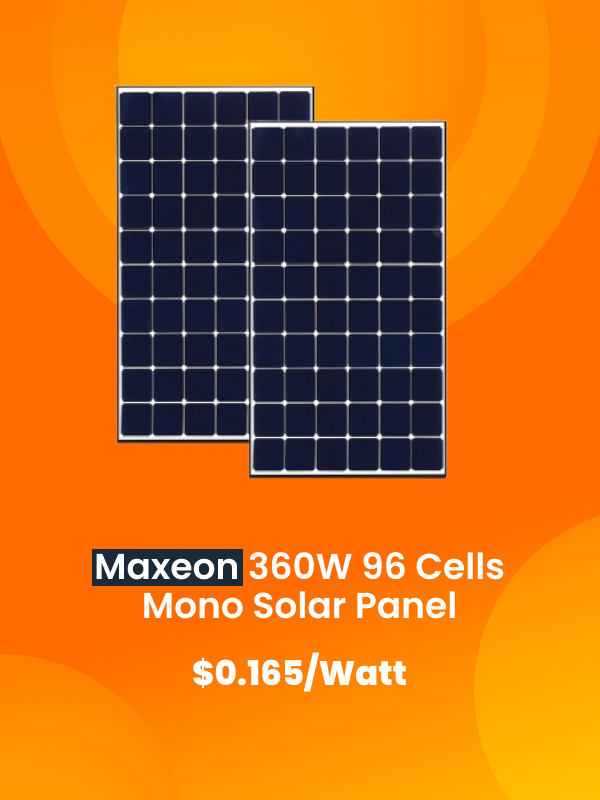Between an increasing amount of tax credits and rebates, net metering, and solar loans, there are plenty of financial incentives for businesses and residential customers to go solar.
Today we’ll discuss a way customers can save a bundle of money on their solar project: by choosing refurbished solar panels and inverters instead of new equipment.
Yes, you can save thousands of dollars on your project by investing in high quality refurbished equipment. But like any purchase, you’ll want to ensure you get quality equipment from a legitimate supplier.
Like buying a used car, the refurb route isn’t for everyone!
This guide will provide everything you need to purchase refurbished solar equipment – from which equipment you need, to the condition it should be in, to pricing, and more!
There’s a difference between used and refurbished solar panels
Before we dig in, this is an important distinction to make. This blog will focus on refurbished solar panels, but we want to ensure you know what “used” solar panels are.
Used Solar Panels
Think of the “scratch and dent” refrigerators you might buy at an appliance store for a discount. Functional, but noticeably damaged. Or they could be “like new” equipment, such as you’d find at an electronics store. Equipment that was opened and immediately returned barely used “out of the box.”
Refurbished Solar Panels
A manufacturer or other vendor has restored used equipment to acceptable working condition, and an independent source then certifies the equipment to be in working order before it’s listed. This is what we will focus on in this article.
This guide will include the following steps:
- Find reliable suppliers
- Assess the condition of the solar panels and inverters
- Consider value
- Delivery and installation
- Maintenance
Find Reliable Suppliers
Hi! Welcome to Sunhub!
Seriously.
If you buy refurbished, ensure you buy quality products from a reputable supplier like us. Check for lots of online reviews, get a referral, and ask lots of questions.
Solar panels are generally very reliable, long-lasting technology. New solar panels have an average useful life of 25-30 years, though some studies have shown they can reach 40 years. They have a degradation rate (speed at which solar panels lose efficiency) of .5% per year, which means that in year 20, they produce about 90% of the electricity they did in year 1. Higher temperatures and inclement weather can speed up the degradation rate, breaking down panels faster than ordinary.
Used solar panels may have the same efficiency, but this is hard to predict. That’s why the next step is crucial.
Assess the Condition of the Solar Panels and Inverters
Refurbished solar panels and inverters must undergo quality testing before being returned to the market. It is essential to check that any refurbished solar panels or inverters you are considering have undergone thorough testing to ensure they are in working order.
Asking questions about the condition of the equipment and working with a reliable dealer gives you assurance about the safety of the equipment and ensures the panels meet the required safety standards.
Consider value
While refurbished equipment can be at least 50% less than new, comparing costs from different suppliers is still best. Consider the quantity, quality, and expected life of the panels you are reviewing.
If there is a significant difference in pricing between multiple packages, look closely to see whether any are “used” or “refurbished” equipment. Either of the two may be a fit for you, but there will be a distinct price difference.
While opting for the cheapest option may be tempting, remember that solar is a long game, and quality equipment is essential to ensure maximum energy production.
Delivery and Installation
Once you have found the right supplier and purchased your equipment, it is time to arrange delivery and installation. Some suppliers may offer an installation service, while others may recommend a professional installer.
Tell your installer if the equipment is used or refurbished so they know of any existing damage before unpacking it. They may also need to handle used equipment more delicately than usual. Communication is key!
Maintenance
All solar panels and inverters require some maintenance to ensure optimal performance (twice a year is sufficient for most systems). Make extra certain your refurbished equipment is getting that attention, as there is a risk of a shortened lifespan.
Be sure to clean the panels to remove any dirt or debris and check the wiring for any signs of damage. Follow the maintenance instructions provided by the manufacturer to ensure that your equipment lasts as long as possible.
The bright idea
By following these steps, you can ensure that you buy high-quality refurbished solar panels and inverters that meet your energy needs and provide long-term cost savings. Remember to research the supplier, assess the equipment’s condition, and consider the price before purchasing. With proper maintenance, your refurbished solar panels and inverters will provide clean and sustainable energy for years.
Have any questions about purchasing refurbished or used solar equipment? Talk to our sales team today, and we’ll gladly help!




